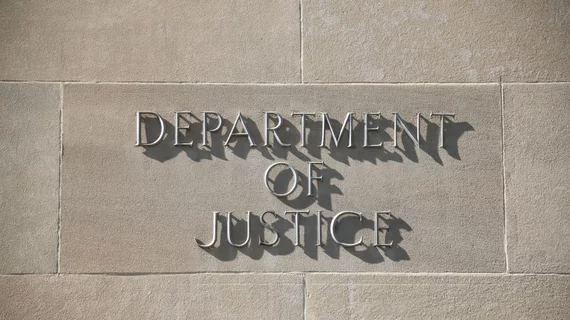Walgreens pays $107M to resolve fraud accusations brought by DOJ
Walgreens has settled a claim made by the U.S. Department of Justice (DOJ) that the pharmacy chain billed Medicare and Medicaid for prescriptions that were never given to the patients. The company has agreed to pay nearly $107 million to revolve the claim, the DOJ announced last week.
Walgreens allegedly billed government insurance programs to the tune of “tens of millions of dollars” for drugs patients were prescribed but never picked up, the DOJ claimed. Walgreens said the discrepancy was a result of a software error and they refunded all overpayments.
The company did not admit to wrongdoing but cooperated with the federal investigation. The DOJ said the $106.8 million penalty would have been higher but was reduced to reflect the company’s desire to rectify the issue.
“This settlement marks another major achievement in our ongoing commitment to combat healthcare fraud,” U.S. Attorney for the Middle District of Florida, Roger B. Handberg, said in a statement. “It is essential to hold pharmacies accountable when they knowingly fail to abide by the rules and requirements of our national health care programs”
A spokesperson for Walgreens said the company reported the error to the Centers of Medicare & Medicaid Services once it became aware of the problem.
Struggling to stay afloat
The publicly traded pharmacy giant has seen its stock fall over 59% this year due to low retail sales. In June, it announced that it would be closing thousands of stores nationwide, as 25% of its 8,700 locations are underperforming.
As it works to restructure its business, Walgreens has also faced multiple legal battles. Earlier this month, the company settled a lawsuit alleging it contributed to the opioid crisis in the city of Baltimore. While exact terms of the settlement have yet to be announced, Walgreens is expected to pay out $80 million to resolve that case.
At time of writing, Walgreens stock sits at $9.05 a share, down from $22.19 in September 2023.

